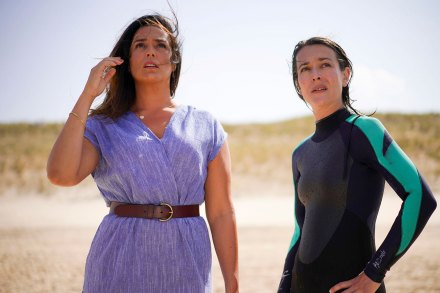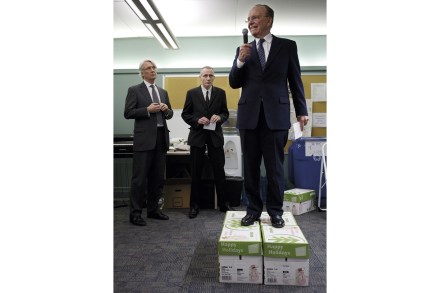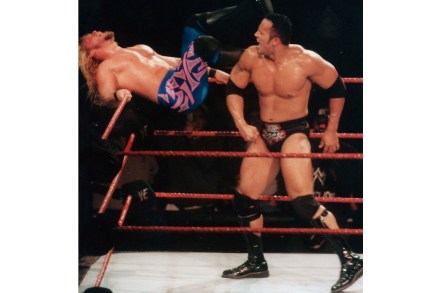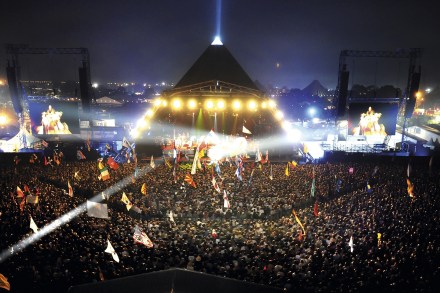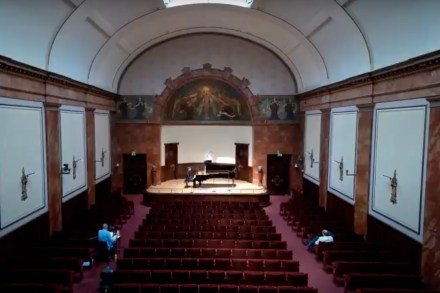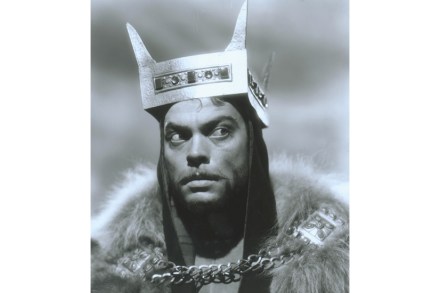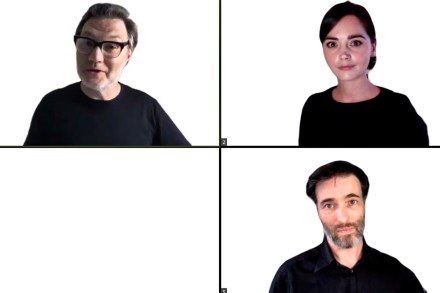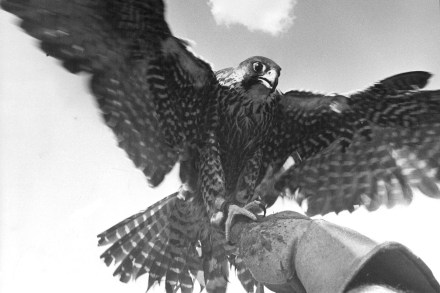The absurd self-pity of Stuart Broad
You are, shall we say, a famous commentator, one of a tiny elite in the British media. You are paid hundreds of thousands of pounds, and are hugely admired. Then at a time of some crisis for others, one of your employers suggests you do 50 columns rather than 52. For exactly the same money, status and prominence. How do you react? Do you start shaking with grief? Do your legs turn to jelly and do you consider immediate retirement? No? Well you’re clearly not following the Stuart Broad guide to working practice. After being ‘rested’ for the first Test against the West Indies, he gave an extraordinary interview to



